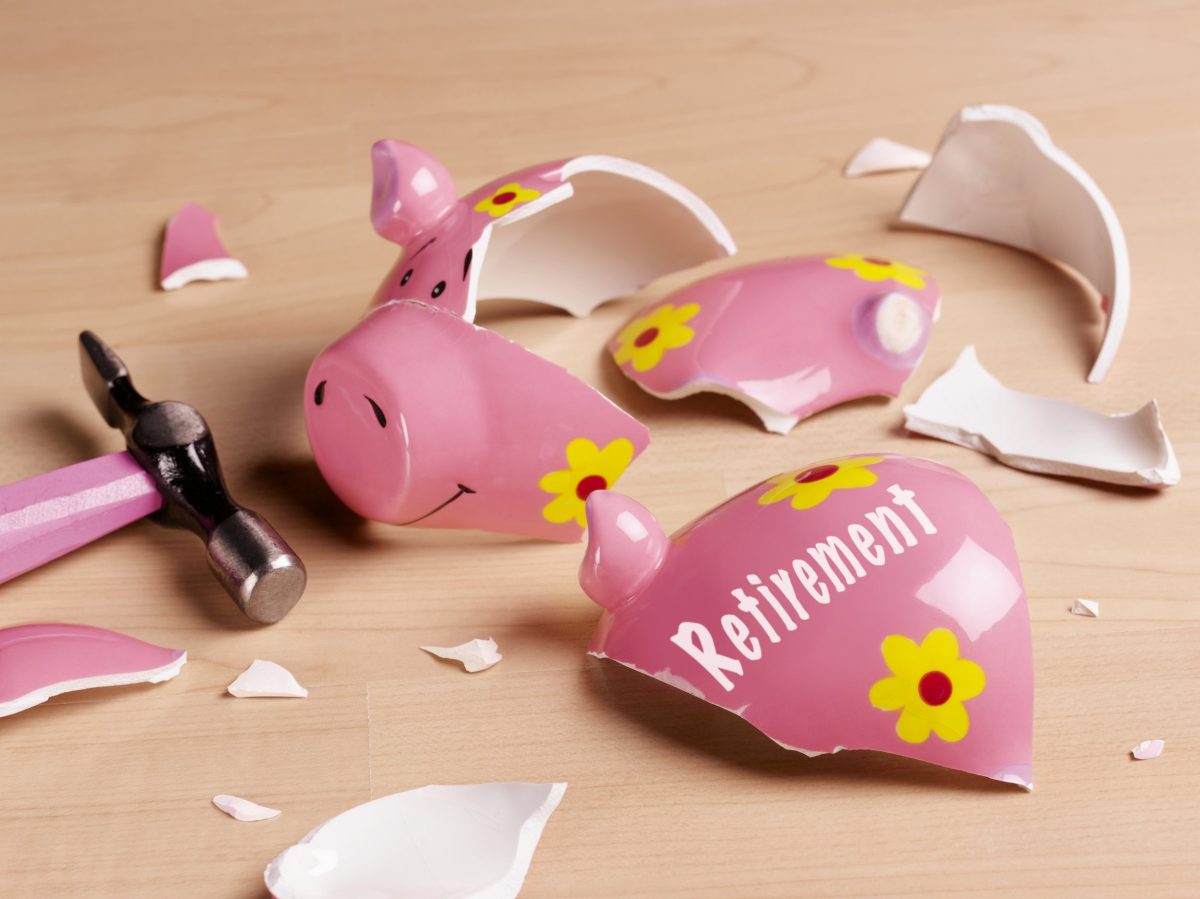
The new regulations will simplify things for pension funds To use some of the additional funds they've accumulated to cover their employees' pension costs—but government workers acknowledge this approach carries certain risks.
Proposed changes would allow employers offering staff defined benefit (DB) pensions schemes that give workers a guaranteed payment each year in retirement, to extract surplus funds from their pots.
Nowadays, DB pension plans are seldom provided by private employers, though they were previously more widespread—employees contribute yearly for membership in these schemes and as a result receive a fixed annual income upon retirement.
However, numerous plans have accumulated reserves larger than what’s required to cover their liabilities towards staff members. The suggested regulations would simplify the process of utilizing these surplus assets, potentially benefiting workers directly or facilitating further investment within the company through alternative means.
This is how specialists believe these alterations might affect you.
What exactly are defined benefit pensions and how do they function?
When it comes to defined benefit (DB) pensions, you do not contribute directly to an individual savings account; rather, your employer handles a set of investment strategies with the aim of providing you with a predetermined yearly income during retirement.
These plans have become rare for new employers outside of the public sector, yet government statistics show that approximately 9.6 million individuals still participate in such schemes.
The funds utilize contributions from both the employees and the employer to cover their financial responsibilities.
As part of the Pension Schemes Bill, the updated regulations reduce the threshold allowing pension trustees—the individuals tasked with safeguarding the interests of both plan participants and employers—to withdraw funds from these accounts when excess capital is present.
What could be the reason for the government to implement this change?
Certain specialists argue that these alterations have an advantageous aspect, enabling a more efficient utilization of funds.
Sir Steve Webb, the ex-pensions minister who currently serves as a partner at LCP, stated, "These corporate pension plans have amassed a substantial excess of funds—approximately £100 billion more than required—to fully transfer the entire plan to an insurance firm that could ensure the security of the pensions."
This funds aren’t achieving much and have the potential to greatly help both the participants of the program and the corporation, which has contributed the major portion of capital.
Read Next: Can I resign from my £20k job and pursue income solely through property rental instead?
Members could receive a portion of the surplus through higher annual inflation increases, making them more substantial. Meanwhile, the company may reclaim some funds to invest in its operations or enhance the pension benefits for current employees.
Sir Steve stated that employees would similarly not have unrestricted access to withdraw from the funds whenever they choose.
The choice rests with the trustees whose responsibility is to serve the best interest of the members; they must consider factors such as available surplus funds and the overall strength of the company before reaching an informed conclusion. Typically inclined towards caution, these individuals aim to ensure that their decisions do not involve undue risk.
Experts caution that circumstances might become 'detrimental'.
Even though there are positive aspects associated with this change, other specialists have likewise pointed out possible dangers.
The government's own analysis presents several possible risks associated with this alteration.
The warning states: "An excess funding status serves as a financial buffer for participants, helping to cover unforeseen expenses or investment declines within the plan. In its absence, the plan might find it harder to fulfill commitments to members, particularly during periods of fiscal strain or economic upheavals."
Rachel Vahey from the investment platform AJ Bell also pointed out possible drawbacks resulting from these alterations.
She mentioned that even though DB plans were presently robust, their condition "might deteriorate rapidly at any moment."
“The nine million people who are members of defined benefit schemes will be relying on these so-called “gold-plated schemes” for their security in retirement. Allowing employers to dip into funds when the sun shines goes against common sense and could only end in tears,” she said.
What might be the costs for individuals, and what occurs if something goes awry?
It is anticipated that this will not incur any costs for individuals.
Sir Steve Webb stated that in the most adverse situation, should the financing for the pension plans decrease, they would still receive some protection through an entity called the Pension Protection Fund (PPF).
This organization safeguards members of defined benefit pension plans when their employer faces bankruptcy.
The precise degree of coverage you will receive relies on how old you are.
Complete reimbursement is provided to individuals who have attained their plan's standard retirement age, are getting an illness-related pension, or are obtaining a widow/widower's pension. Typically, 90% of the compensation is offered to those under their usual retirement age when the plan faces difficulties.
Post a Comment